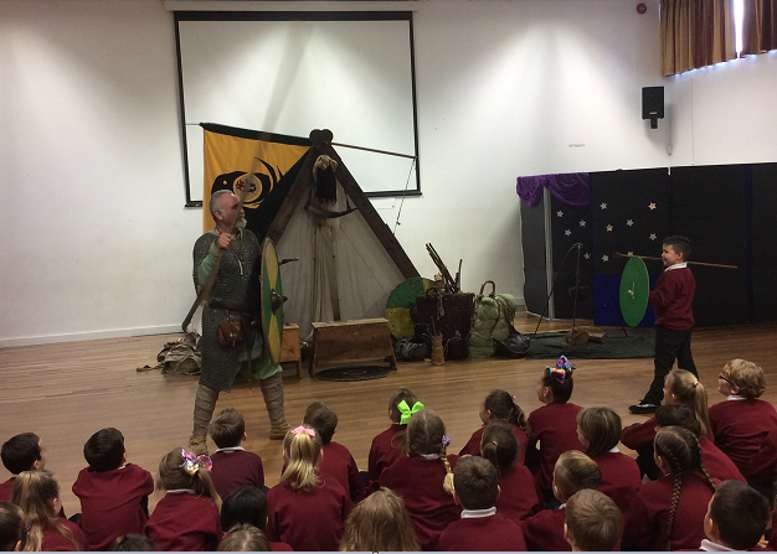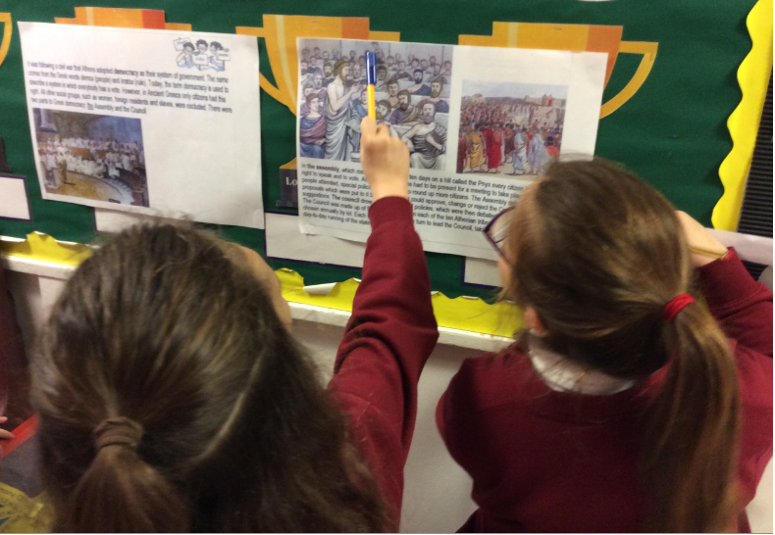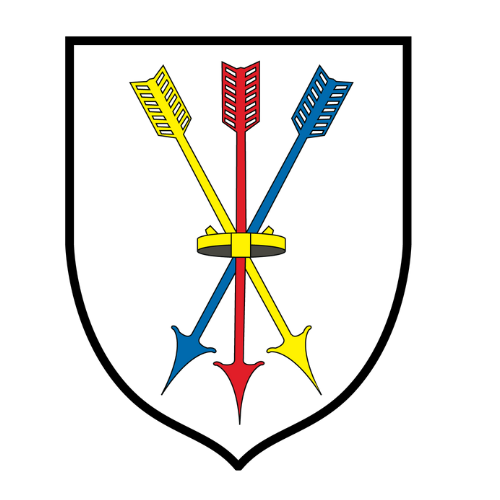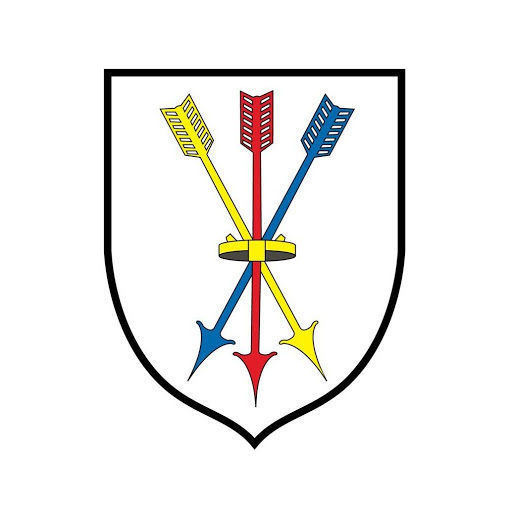History helps us to understand the world we live in now. Knowledge of the past enables us to better understand the present and raise pertinent questions for the future.
At Purbrook Junior School, we inspire curiosity and encourage rigorous questioning and analysis through an enquiry-based history curriculum. By using Hampshire’s Six Step Enquiry Process teachers ensure children actively examine, absorb and process information, before drawing conclusions and communicating their findings in interesting ways. The Six Step Enquiry Process is based upon key questions – carefully devised in order to offer opportunity to tackle particular historical skills. By developing the historical skills and processes listed below, we help children to gain historical perspective:
- Chronological understanding
- Characteristic features of periods/societies studied
- Continuity and Change
- Cause and Consequence
- Historical Significance
- Historical Interpretation
- Historical Enquiry
- Making connections between local, national and international history

Our aims, In line with the National Curriculum, ensure that all pupils:
- know and understand the history of these islands as a coherent, chronological narrative, from the earliest times to the present day: how people’s lives have shaped this nation and how Britain has influenced and been influenced by the wider world
- know and understand significant aspects of the history of the wider world: the nature of ancient civilisations; the expansion and dissolution of empires; characteristic features of past non-European societies; achievements and follies of mankind
- gain and deploy a historically grounded understanding of abstract terms such as ‘empire’, ‘civilisation’, ‘parliament’ and ‘peasantry’

- understand historical concepts such as continuity and change, cause and consequence, similarity, difference and significance, and use them to make connections, draw contrasts, analyse trends, frame historically-valid questions and create their own structured accounts, including written narratives and analyses
- understand the methods of historical enquiry, including how evidence is used rigorously to make historical claims, and discern how and why contrasting arguments and interpretations of the past have been constructed
- gain historical perspective by placing their growing knowledge into different contexts, understanding the connections between local, regional, national and international history; between cultural, economic, military, political, religious and social history; and between short- and long-term timescales.
At Purbrook Junior School, we strive to ‘bring history to life’ as much as possible for our pupils, placing high value upon experiences, visits, visitors and exploration of historically relevant information from a variety of sources including physical artefacts, written documentation, images and persons working in historically-linked roles.
Our current History leader is: Mr M Clarke and Mrs K Stanley
![]() PJS History Whole School Overview
PJS History Whole School Overview
![]() PJS History Skills Progression
PJS History Skills Progression
![]() PJS Termly History Programme of Study
PJS Termly History Programme of Study

